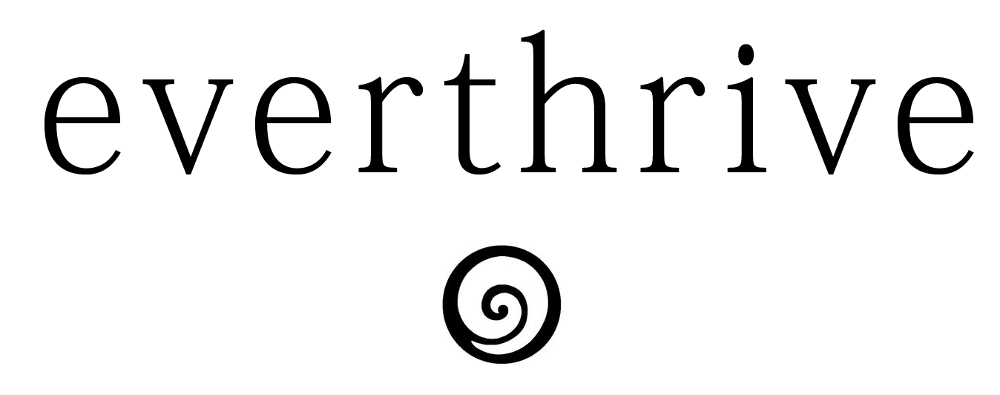Creation over Consumption
“Life isn't about finding yourself. Life is about creating yourself.”
-George Bernard Shaw
When I was a child, I spent my free time building forts with my brother. We foraged wood from nearby construction sites, acquired hammers and nails from the basement, and used power tools without consent. Adjacent to our dream homes, we sandwiched a small oven rack between some bricks, producing a small but effective stove where we roasted lunch meat to survive in our suburban Chicago backyard. It was 1993 and we were about 10 years old.
When indoors, we drew, sculpted, painted, and cultivated various amphibious creatures in tanks scattered throughout our two bedroom house shared with our parents and baby brother. We wrote stories, played endless games of Stratego, and were known to construct elaborate puppet shows, complete with sets, drapery, and lighting to entertain our parents during dinner.
We hit puberty, and our activities no longer fully aligned. He would go off with his friends, who would spend hours in the neighbor's driveway, perfecting their kick-flips, ollies, and riding fakey, while my best friend Julia and I played dress-up, and filmed intricate scenes based on the relationship between a girl and an eccentric gypsy, complete with commercial breaks. During winter, Julia and I were also known to don full snowsuits, pack two snickers bars each, and pretend to go ice fishing in the field behind our school. Our imaginations were at their peak.
As we aged, our collective creativity trickled off, mine nearly extinguished by the time high school was over. Adolescence had a kind of sobering quality; those years taught me that I would always be judged, and that others' opinions mattered. At least, that was my reality. My creative impulses became more secretive, isolated, and tinged with guilt. I knew I should continue writing, drawing, dancing, and playing piano - I felt guilty that I wasn't - but I also felt the magnetism of "adulthood" and "finding myself" and "real job." All these serious phases loomed over me, causing anxiety. Even though I wanted to grow up quickly and escape my teenage years, I also longed for a distraction. And, for a teen in the late 90’s, that distraction was the mall.
I discovered the elation of buying. The excitement of Anthropologie, which I felt was a store that truly spoke to me, due to its whimsical merchandising, artfully displayed clothes, and patchouli scented candles disguised as keepsake boxes. I didn't buy everything I saw. I was, and have always been, frugal and savings-oriented. However, visiting Old Orchard Mall on a Saturday afternoon was so much easier than facing the daily rigors of high school. I preferred to distract myself, losing myself instead of finding myself. Drifting in a sea of want, dazed by the anticipation of acquisition, and pacified by the instant gratification of a purchase.
Most people find it much easier to consume rather than create. Creativity takes time, patience, and space to be inspired. Oftentimes, creativity necessitates isolation from our busy lives. None of these things come easily, as life can overwhelm us with increased responsibility. We long to revert to our childhood, a place of playful creativity, and eschew the anxieties of the present.
Instead of accepting the challenge to create or cultivate some aspect of life, we often find escape in our phones. We scroll through our news-feeds, and live vicariously through other people's lives. We switch to Instagram, where we absorb what has been labeled "digital crack" by The Minimalists, Joshua Fields Millburn and Ryan Nicodemus, in one of their earlier podcasts. Succumbing to the anxiety produced by life's challenges, we pacify ourselves with various outlets of instant gratification. We do this at work, while commuting or waiting in line for coffee. Instead of connecting with ourselves, our tasks, and other people, we hide behind instant gratification.
Instant gratification is just that: instant, ephemeral, fleeting. Distracting ourselves doesn't help us to be better people. It only leads us away from our true selves and our goals in life. Instead of purchasing needless items, we can take account of the material possessions we already own. Instead of heeding the notifications of our devices, we can connect with those around us. It takes some effort, but it is very possible to access the creative impulses of our childhood.
When we understand the goals of creating and adding value to our lives, we will be able to focus on what will make us better people. We can find the strength to grow with each experience and moment, and to contribute to the world around us. When we find value in our lives, not our possessions or our distractions, we can add value to the world. When we create or cultivate meaningfully, we thrive.

